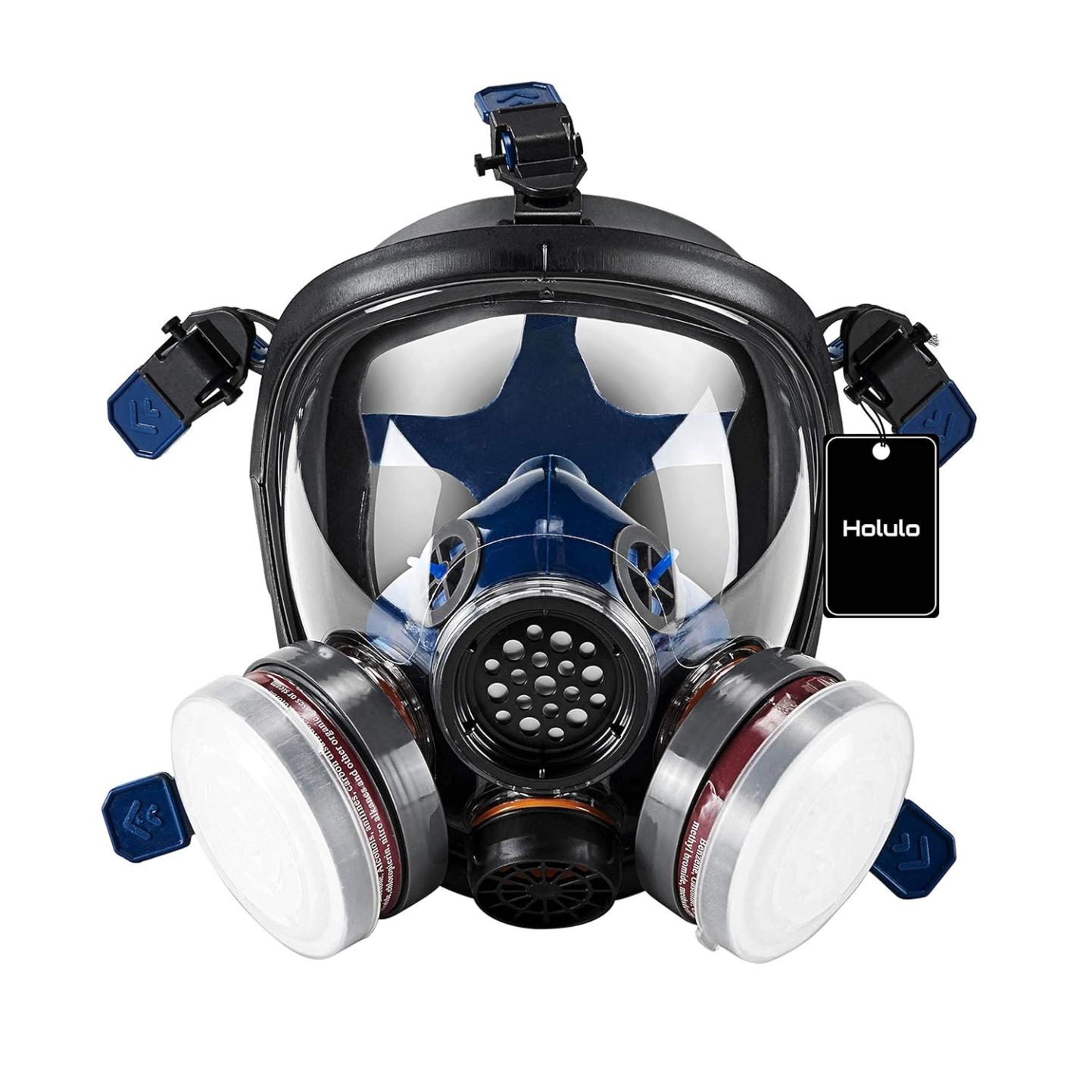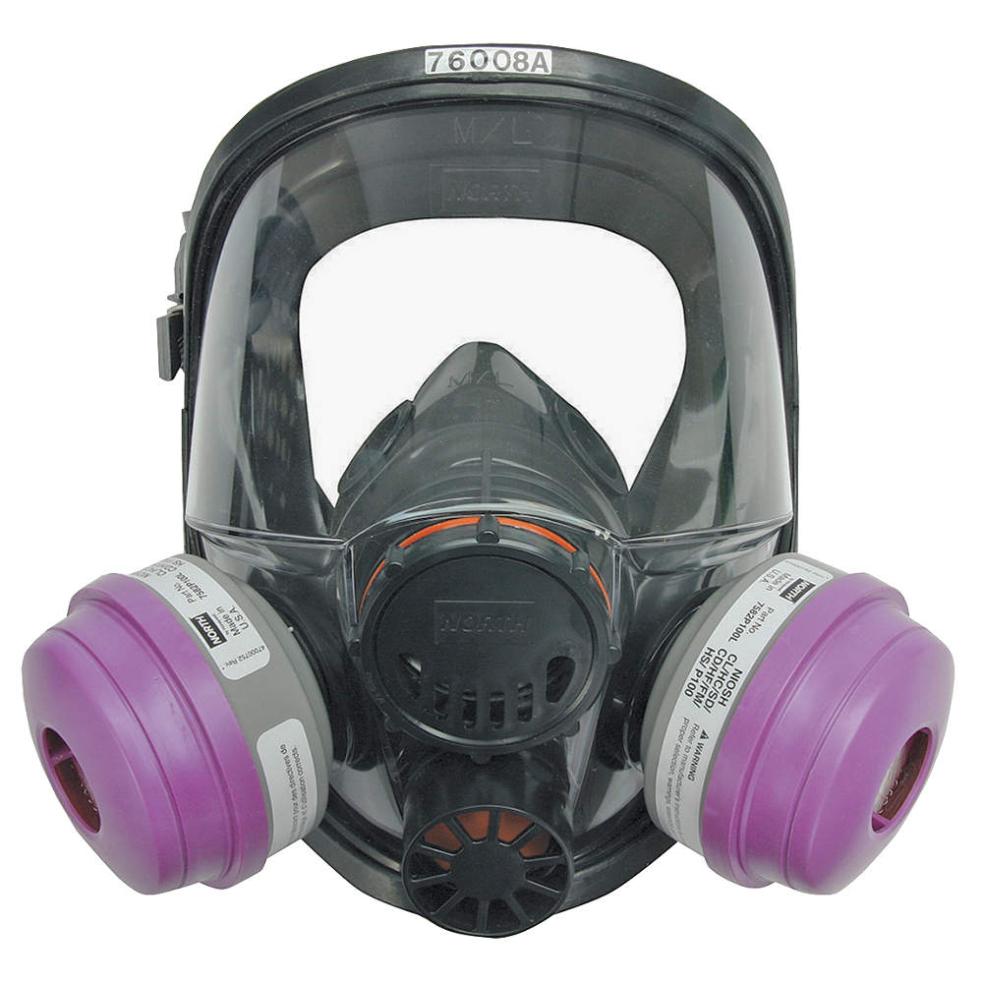Which Face Mask Is Right for Me?
Face masks have become an essential part of our daily lives, helping to prevent the spread of respiratory illnesses like COVID-19. With so many different types of face masks available, it can be challenging to know which one is right for you. This article will provide an overview of the different types of face masks, the factors to consider when choosing a mask, and special considerations for certain individuals.

Types Of Face Masks
Surgical Masks
Surgical masks are disposable, loose-fitting masks that are commonly used in healthcare settings. They are made of a thin, non-woven material and are designed to block large droplets and particles from entering or exiting the wearer's mouth and nose. Surgical masks are effective in preventing the spread of respiratory illnesses, but they do not provide a perfect seal and may not be as effective against smaller particles.
N95 Respirators
N95 respirators are tight-fitting, disposable masks that are designed to block at least 95% of particles 0.3 microns or larger. They are made of a thicker, more tightly woven material than surgical masks and provide a better seal around the face. N95 respirators are often used by healthcare workers and people in high-risk settings, such as those who work in close contact with the public or those who have underlying health conditions.
KN95 Respirators
KN95 respirators are similar to N95 respirators, but they are manufactured in China and meet Chinese standards. They are designed to block at least 95% of particles 0.3 microns or larger and provide a similar level of protection as N95 respirators. KN95 respirators are often used by the general public in high-risk settings, such as those who live in areas with high rates of COVID-19 or those who work in close contact with the public.
Cloth Masks

Cloth masks are reusable, fabric masks that are made from a variety of materials, such as cotton, polyester, or silk. They are not as effective as surgical masks or respirators at blocking particles, but they can still help to reduce the spread of respiratory illnesses. Cloth masks are often used by the general public in low-risk settings, such as those who are running errands or attending outdoor events.
Factors To Consider When Choosing A Face Mask
- Fit: The mask should fit snugly against the face, covering the nose, mouth, and chin. There should be no gaps between the mask and the face.
- Breathability: The mask should allow for easy breathing. If you have difficulty breathing while wearing a mask, try a different type of mask or adjust the fit.
- Comfort: The mask should be comfortable to wear for extended periods. If the mask is uncomfortable, you are less likely to wear it properly.
- Durability: The mask should be able to withstand repeated use and washing. If the mask is not durable, it will need to be replaced more often, which can be costly.
- Cost: Masks vary in price, so consider your budget when choosing a mask.
Special Considerations
Certain individuals may need to take special considerations when choosing a face mask.
- People with underlying health conditions: People with underlying health conditions, such as heart disease, lung disease, or diabetes, may need to wear a more protective mask, such as an N95 or KN95 respirator.
- Children: Children should wear a mask that fits properly and is comfortable for them to wear. Cloth masks are often a good choice for children, as they are more breathable and comfortable than surgical masks or respirators.
- People who work in high-risk settings: People who work in high-risk settings, such as healthcare workers or those who work in close contact with the public, may need to wear a respirator, such as an N95 or KN95 respirator.

Choosing the right face mask is important for protecting yourself and others from respiratory illnesses. Consider the factors discussed in this article when making your decision. If you have any questions, talk to your doctor or healthcare provider.
YesNo

Leave a Reply